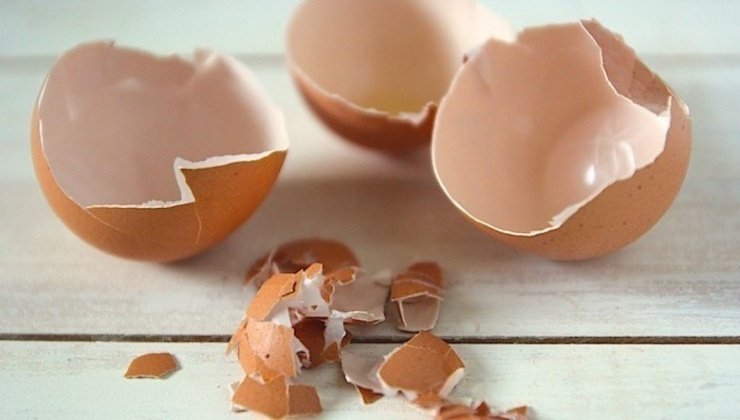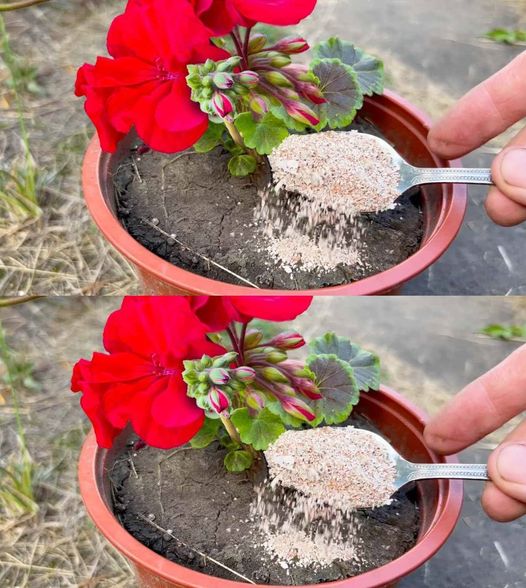Not everyone knows that a simple ingredient we find in the kitchen can be of great help to our plants, more than any chemical product we buy in the supermarket. But what element are we talking about? Let’s find out.
If you are still a beginner in growing plants or flowers, you should be careful and put into practice some precautions. But not only that, simple tricks are also useful. For example, did you know that if you add this ingredient to your plant, it will bloom much sooner? The end result will be truly amazing and, what’s more, it will cost you zero euros . Let’s find out what element it is, we can find it in every kitchen: all the details.
Plants, how to make them bloom sooner? The infallible trick
It can happen that our plants flower too late or not at all. It is a very annoying growth disorder that often worries us. The reasons may vary, but don’t worry, there is a simple, effective, ecological and above all free remedy.
To get the plants to flower much sooner and avoid some development problems , it is necessary to add a very special ingredient that you can find in the kitchen. We are talking about eggshells. When we cook eggs, we usually throw away the shells, but they actually have all kinds of benefits and can help you keep your plants in perfect health.
They are food waste , but they can be recycled in a very useful way. The properties of the peels are really diverse and it is possible to take advantage of them for your plants: Let’s discover the process.

The processes
Eggshells are a fantastic natural fertilizer . You can replace it with the classic chemical products that you buy in the supermarket, which are very often harmful to the environment and also to human health. Plus, they also cost a lot of money.
Eggshells, on the other hand, have many properties, such as calcium , magnesium, phosphorus and various proteins . In short, all the basic elements for the correct development of our plant. In fact, they are able to considerably strengthen the stem and roots, preventing the formation of mold or bacteria.
continued on next page
